The fear of old age is instinctual. For many of us, the diseases that decrease mental ability over time are what makes aging so terrifying. Dr. Tia Powell, author of Dementia Reimagined: Building a Life of Joy and Dignity from Beginning to End, wants to lessen some of that anxiety. Powell, whose family has a predisposition for dementia, advises making a list of activities still possible while living with dementia. For example, her personal passion for gardening might decrease the fear –– having a plan for the potentially inevitable seems advisable.
As a Professor of Psychiatry and Bioethics at Albert Einstein College of Medicine, she asks those around her what they would do if they had dementia. To her horror, many said they would kill themselves. “Imagine if people with cancer said that,” Powell suggests.
Powell believes we should think about constructive ways to live with dementia for 10, 12, or even 15 years, considering that approximately one-third to one-half of us will develop the disease at age 85 or older.
With no cure and no preventive measures, Powell sees the magic of music as a powerful tool. People are able to sing song lyrics even after they’ve lost some speaking capabilities. Cultivating personal skills that inspire happiness might be a medicine we can prescribe this very moment, while researchers continuing looking for a cure. An attitude readjustment is something we can do now, while a cure will likely take generations to discover.
Guest Information:
- Dr. Tia Powell, Professor of Psychiatry and Bioethics, Albert Einstein College of Medicine and author, Dementia Reimagined: Building a Life of Joy and Dignity from Beginning to End


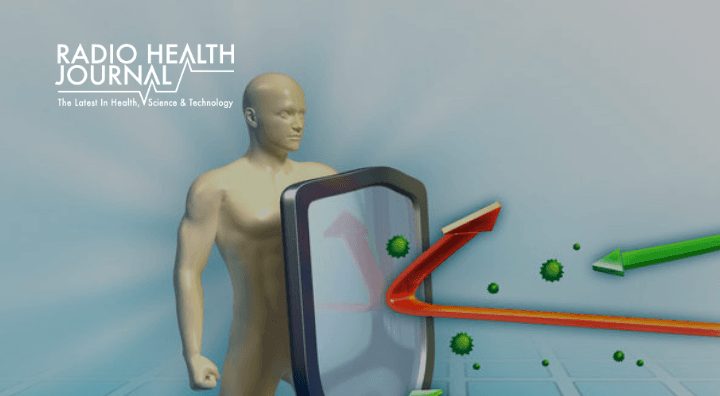
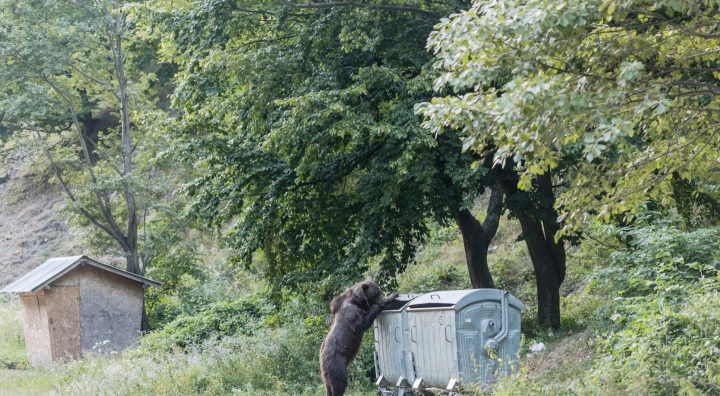
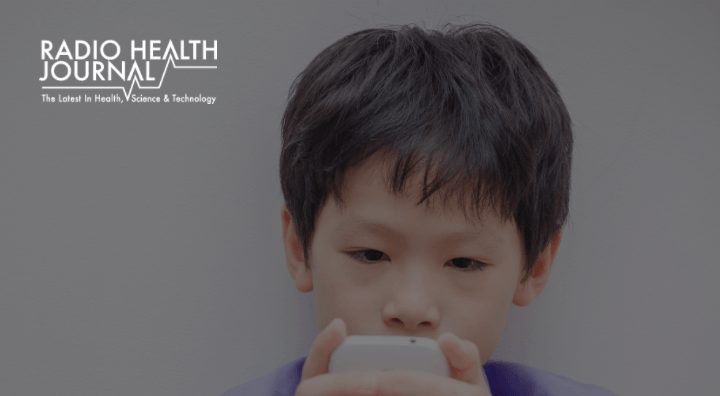
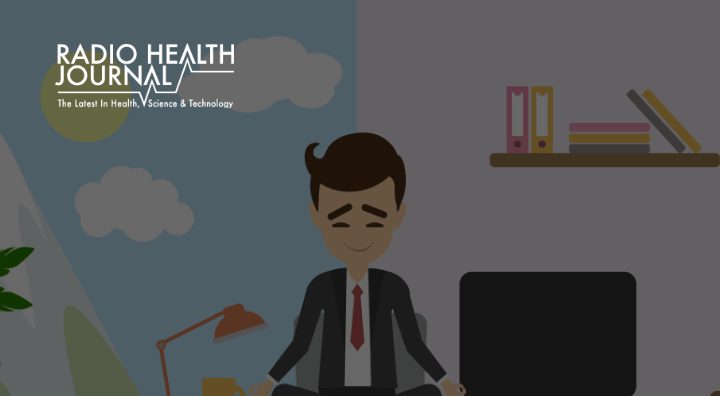

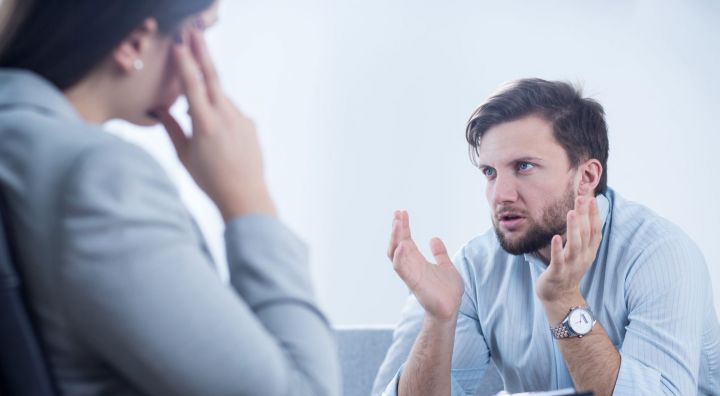



Leave a Reply